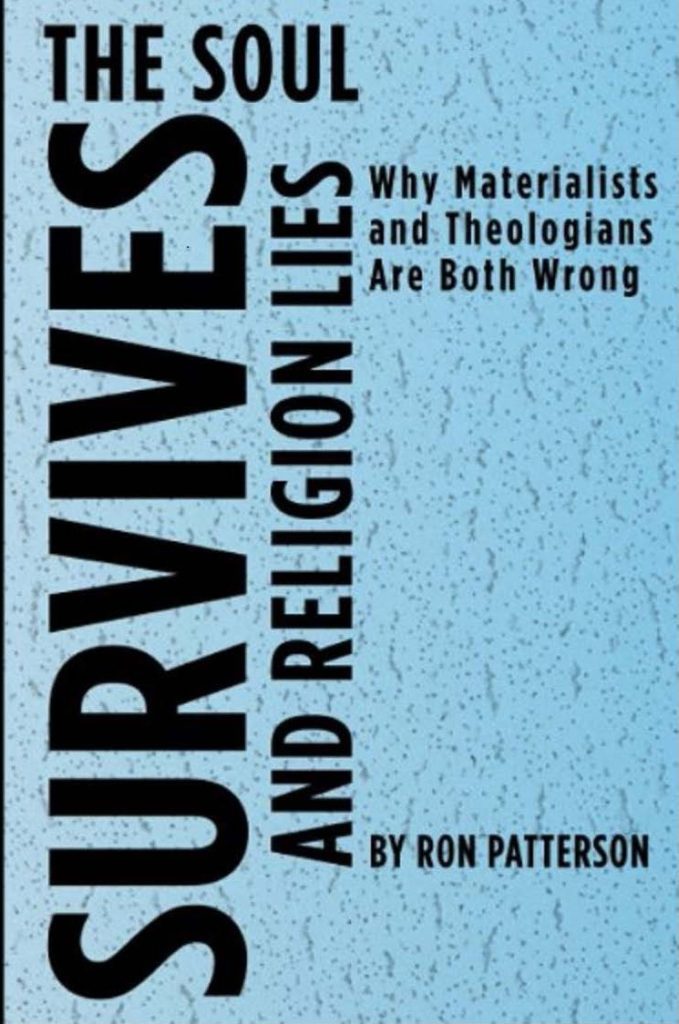In a world filled with dogma, unquestioned assumptions, and inherited beliefs, cultivating critical thinking is more important than ever. Free thought and skepticism books provide a framework for questioning, analyzing, and understanding the world without relying on tradition or authority. They encourage readers to think independently, challenge assumptions, and embrace curiosity.
Ron Patterson’s writings are a prime example of this genre, offering books for free thinkers and skeptics that combine rational inquiry, ethical reflection, and accessible reasoning. His works guide readers through the process of examining beliefs critically while fostering intellectual freedom.
Books for Free Thinkers and Skeptics: Embracing Intellectual Freedom
Books for free thinkers and skeptics are designed for readers who value independent thought. Patterson’s works encourage individuals to move beyond inherited beliefs and evaluate claims based on evidence and reason.
These books provide tools for:
- Analyzing societal, cultural, and religious claims
- Questioning assumptions without fear or hostility
- Developing a worldview grounded in logic, ethics, and empathy
By reading books for free thinkers and skeptics, individuals cultivate the confidence to explore ideas openly and thoughtfully, making decisions based on evidence rather than conformity.
Books for Skeptics and Critical Thinkers: Asking the Right Questions
Books for skeptics and critical thinkers focus on cultivating curiosity, reasoning skills, and analytical thinking. Patterson’s works exemplify this approach, blending philosophy, psychology, and historical context to challenge assumptions without dismissing human experience.
Key features of these books include:
- Encouraging thoughtful questioning of dogma
- Providing frameworks for evaluating beliefs critically
- Showing that skepticism can coexist with ethical and meaningful living
Through books for skeptics and critical thinkers, readers learn that doubt is not weakness, it is a tool for deeper understanding and intellectual integrity.
Free Thought and Skepticism Books: Promoting Evidence-Based Inquiry
At the heart of Patterson’s writing is the philosophy of free thought and skepticism books. These texts emphasize reasoning, observation, and evidence as guides for understanding the world. By prioritizing inquiry over unquestioned belief, they encourage readers to:
- Assess claims carefully and objectively
- Recognize cognitive biases and emotional influences
- Seek truth through logic rather than tradition
Patterson demonstrates that free thought and skepticism books are not about undermining faith or morality, they are about creating a stable, rational foundation for understanding life and making ethical decisions.
Why Open-Minded Readers Turn to These Books
Open-minded individuals are drawn to books for free thinkers and skeptics because they provide clarity, intellectual challenge, and personal growth. Patterson’s works offer guidance for navigating life thoughtfully, questioning assumptions responsibly, and making choices aligned with reason and integrity.
Books for skeptics and critical thinkers also foster empathy and ethical awareness, showing that rational inquiry and moral responsibility are not mutually exclusive. By blending critical thinking with humanistic values, these texts encourage readers to live intentionally and thoughtfully.
The Practical Benefits of Free Thought and Skepticism
Engaging with free thought and skepticism books has practical advantages:
- Improved decision-making through evidence-based reasoning
- Greater resilience to misinformation and propaganda
- Enhanced ability to navigate complex social and ethical issues
- Personal growth through self-reflection and intellectual exploration
By promoting independent thinking, Patterson’s works equip readers with the tools to approach life’s challenges with confidence and clarity.
Final Thoughts
Free thought and skepticism books, including Ron Patterson’s writings, are essential for anyone seeking intellectual freedom, ethical clarity, and personal growth. By encouraging questioning, rational inquiry, and evidence-based understanding, these books empower readers to think independently, challenge assumptions, and live thoughtfully.
Whether you are a lifelong skeptic, a curious thinker, or someone seeking a reasoned perspective, books for free thinkers and skeptics and books for skeptics and critical thinkers provide a roadmap for exploring the world with clarity, courage, and open-mindedness. Patterson’s works exemplify how embracing free thought and skepticism can enrich understanding, ethics, and intellectual freedom.

